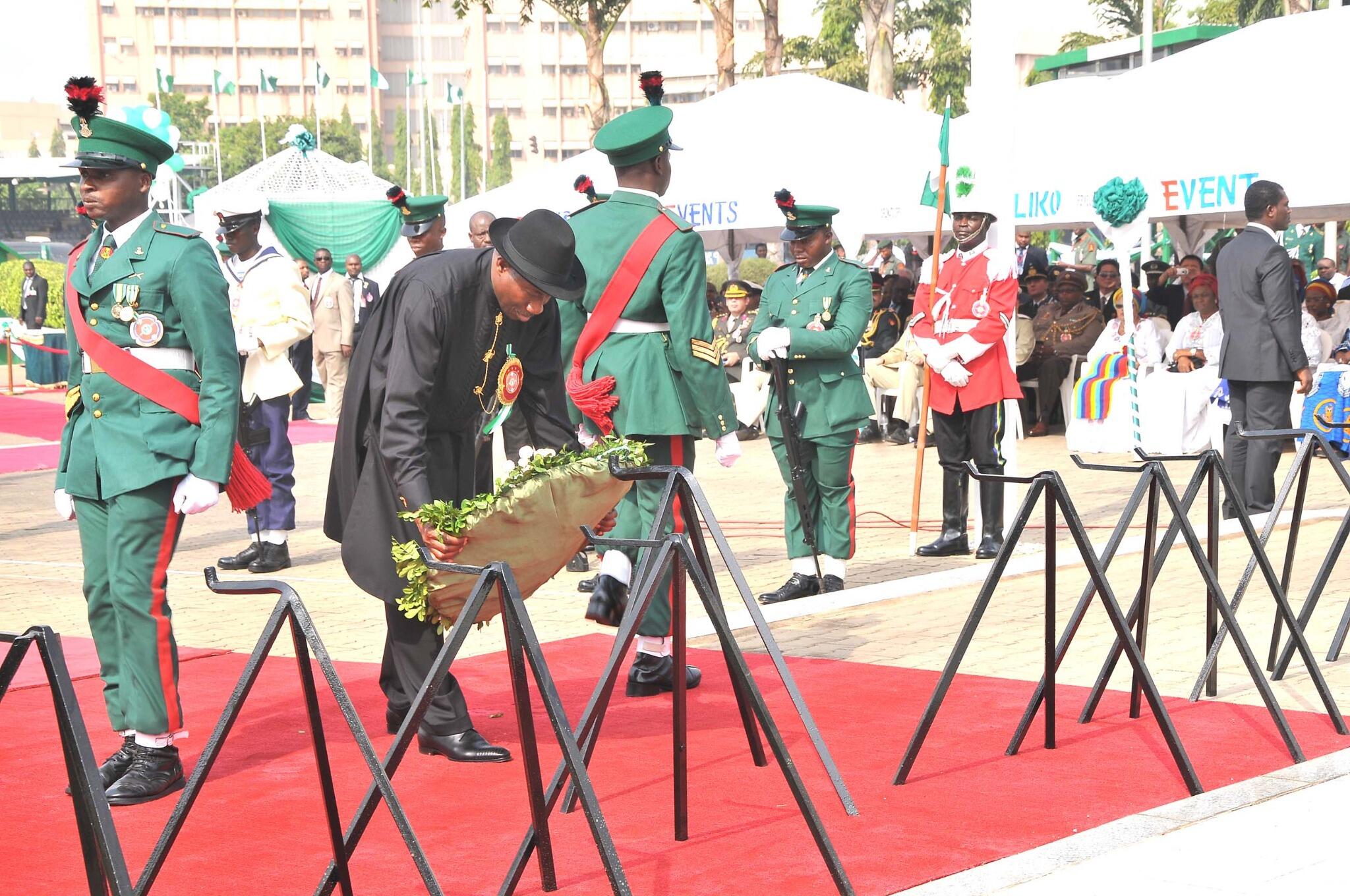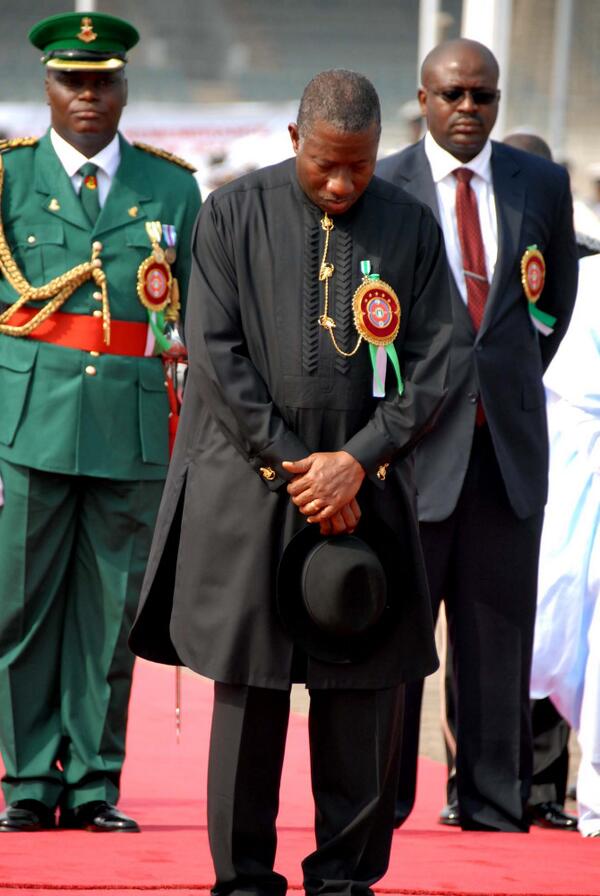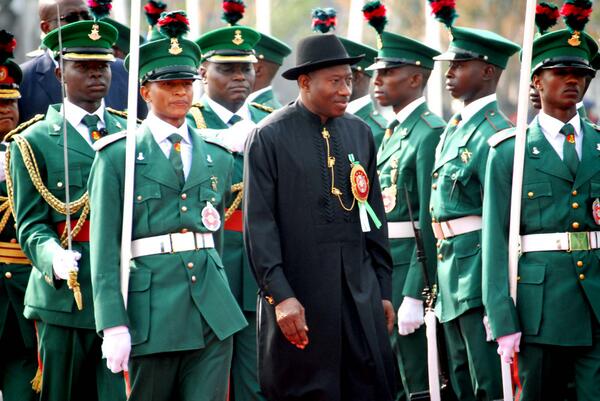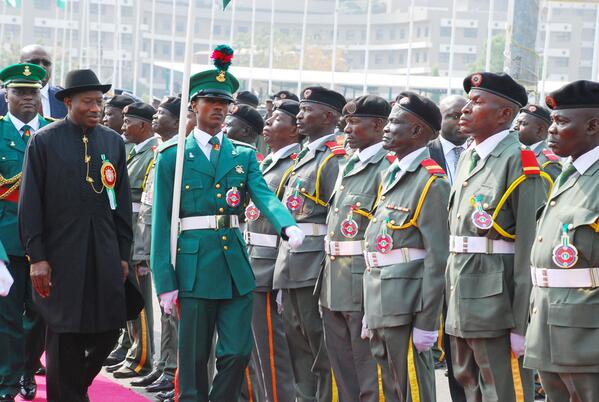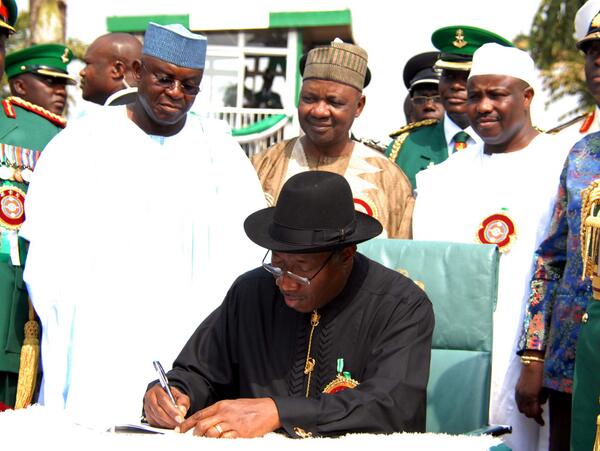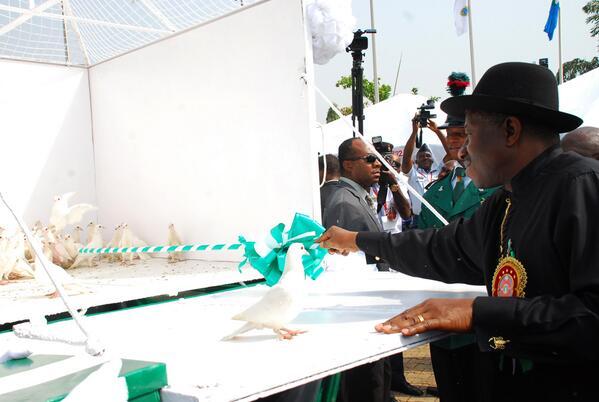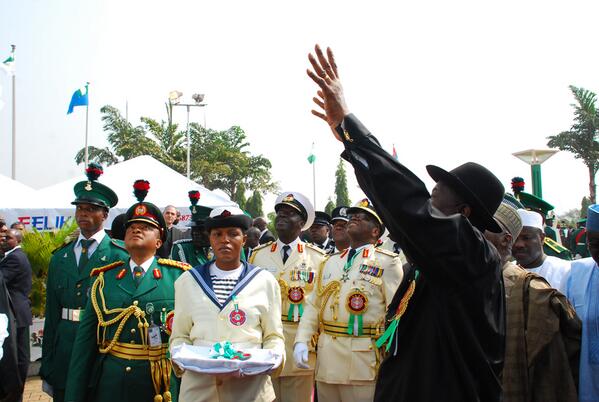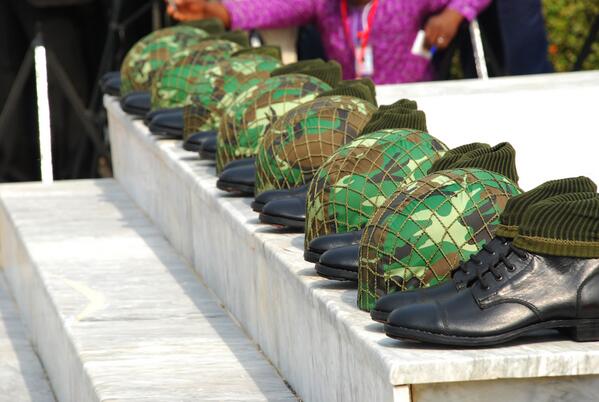A course mate during my College days in Unilag posted this on my Page.
The Post below:
"NNPC had failed to remit the money, which was said to be the proceeds of crude sales between January 2012 and July 2013.
The said amount was said to have represented 76 per cent of the value of crude oil lifting during the period, in which the NNPC was said to have remitted $15.5bn, representing a paltry 24 per cent of the total value of $65.3bn.
The missing $49.8bn (N8.5tn) or equivalent of two years of the national budget, there is no evidence that this amount was paid into the Federation Account or duly appropriated.
There is fear that the recent decline of state revenues is not unconnected with the financial diversion.
This action is a clear breach of the provision of Section 11, Part II of the Fiscal Responsibility Act, 2007, which “requires the Federal Government to hold consultations with states before the Medium-Term Expenditure Framework is laid before the National Assembly,” consultation with states on the MTEF and Fiscal Strategy Paper (2014-2016) did not hold.
Regrettably the National Economic Council meeting, where issues of this nature would have been discussed last held four months ago.
The financial irregularities relating to public accounting, the lack of compliance with the Fiscal Responsibility Act, 2007, is not unconnected with the refusal of the Federal Government to convene meetings of statutory institutions created in the constitution, such as the National Economic Council and the Council of State.
Apart from this, Nigeria’s Foreign Reserve has depleted by 5.8 Billion Dollars, coupled with the disappearance of another 5 Billion Dollars from Excess Crude Account. Yet we are not talking of other kinds of stealing and mismanagement that are connected to the annual budget and the Sovereign Wealth Fund, a fund that was unilaterally created by this administration.
Corruption is endemic in this administration".
By: Great Imo Jonathan


